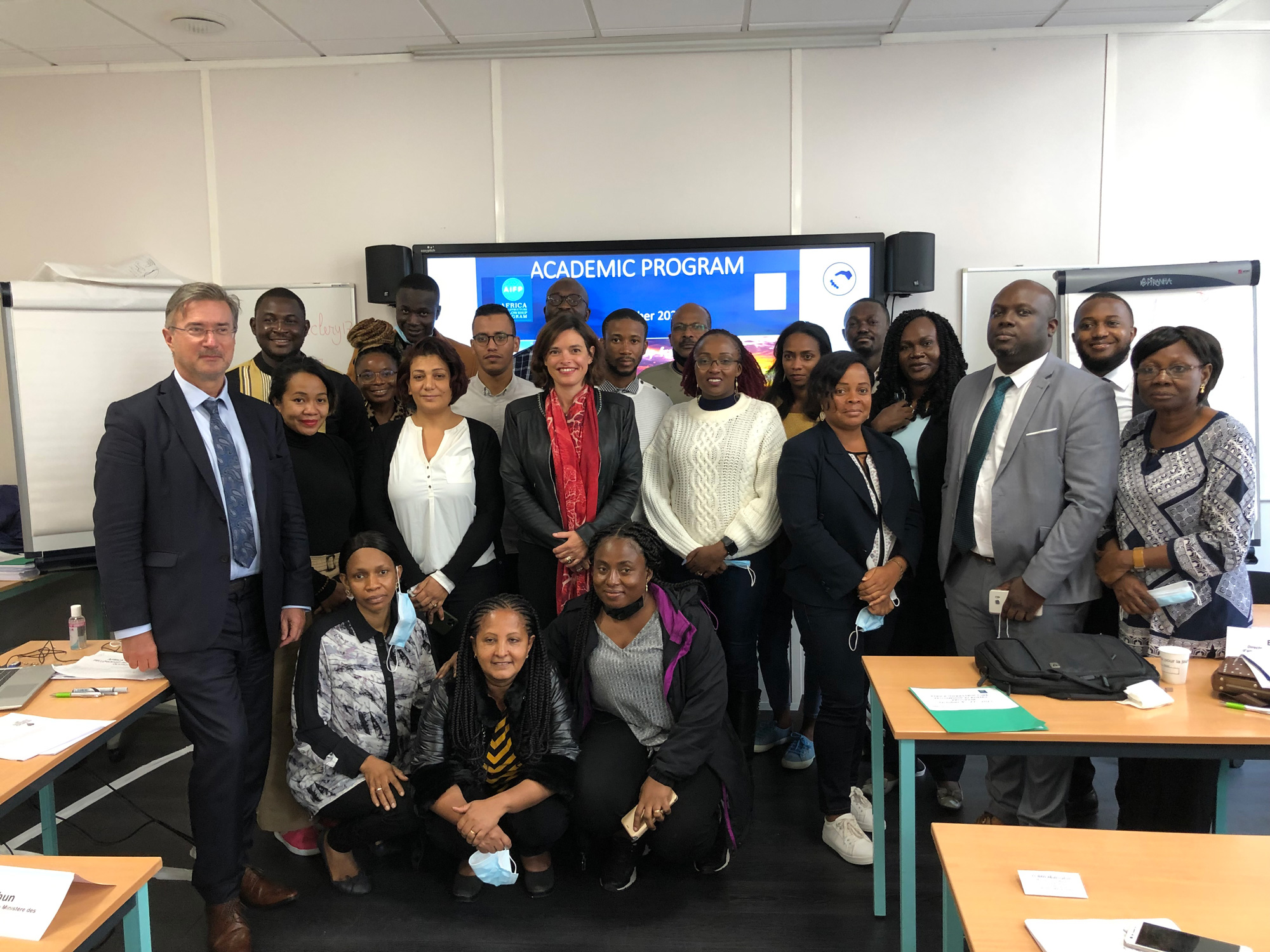958 results found
Featured results



More results
This month the GIobal Infrastructure Hub (GI Hub) was delighted to participate in the second Africa Infrastructure Fellowship Program (AIFP). The capacity-building program is designed to upskill African government infrastructure specialists, enabling them to facilitate increased investment in a pipeline of new, sustainable infrastructure that has positive social and economic impact in African communities.
The GI Hub today launches Improving Delivery Models, an initiative that showcases proven delivery model improvements that enhance the quality of infrastructure. Many of the challenges faced in delivering infrastructure can be traced back to the early-stage processes of choosing the delivery model and structuring the project.
Cities are at the forefront of the pandemic crisis and are key players in the fight to achieve net-zero emissions targets. The recovery choices they make today will set urban agendas for years to come.
In Chicago, the local government received requests for more libraries and community spaces, however, there was little to no funding available for the projects. Combining a new public library with affordable senior housing improves the value proposition of both projects as construction costs can be shared between levels of government. The library could not have been built on its own.
Rocky Flats was a United States nuclear weapons plant in Colorado. After production was halted in 1989, government agencies did not have the capability or capacity to close the plant as quickly desired. To accelerate the program and minimise cost, performance incentives were provided to the joint venture responsible for delivering the works.
Infrastructure is one of the least technologically transformed sectors of the economy and there is a global consensus that our industry needs innovation to solve big challenges like the resilience of infrastructure during future pandemics, the rise of climate change, urbanisation, and an ageing population
The G20 Finance Ministers and Central Bank Governors (FMCBG) gathered for their fourth official meeting under the Italian G20 Presidency on 13 October 2021. Today, the results of the discussion were shared in the official Communiqué of the meeting and the Fourth Progress Report on the G20 Action Plan.
A new GI Hub initiative, launching in November 2021, tracks the amount of infrastructure as a stimulus announced by G20 governments and presents data insights that will help governments, investors, multilateral development banks, and project directors achieve transformative outcomes from infrastructure in the post-COVID-19 recovery.
Watch the GI Hub and International Finance Corporation (IFC) webinar ‘Green recovery for cities: What role can the private sector play’, the second in the series 'New Deals: Funding solutions for the future of infrastructure'. The discussion explored green recovery solutions and highlighted lessons learnt from two projects.
Join the GI Hub and IFC for Session 3 in the webinar series 'New Deals: Funding solutions for the future of infrastructure'. This session will include an expert panel discussion of innovations for de-risking greenfield investment.
Long term private investors have long started investing in those assets, but the potential - and the need - for more and better private investment remains huge. Drawing on the vast pool of experience and contributions of LTIIA members, this report analyses the current constraints and current challenges limiting institutional investors’ share of the market.


Infrastructure Monitor identifies and analyses global trends in private investment in infrastructure to inform future investment and policy.



The Joint Report on Multilateral Development Banks Climate Finance is an annual report that makes public the MDB climate finance figures, with explanation of the methodologies for tracking this finance.



WHO and UNICEF established the Joint Monitoring Programme for Water Supply, Sanitation and Hygiene in 1990, and published regular global updates throughout the Millennium Development Goal period.


The New Climate Economy explores how countries at all levels of income can have better economic growth and a better climate.

This Primer provides an introduction to blockchain technology, outlines some of the potential benefits it can bring, and considers the risks and challenges it poses.

This report sets out several of the recent advances, and suggests the most promising approaches, to the quantification and valuation of some of the wider economic benefits that flow from transport-related development.


G20 Leaders endorsed the High Level Principles on Long-Term Investment Financing by Institutional Investors in September 2013, which is intended to help governments facilitate and promote long-term investment by institutional investors.

The G20/OECD Checklist consists of a list of questions and issues that represent an effort to develop an evaluation tool to help those countries who wish to self-assess their long-term investment (LTI) strategy and policy framework and more.




 Improving Delivery Models
Improving Delivery Models










